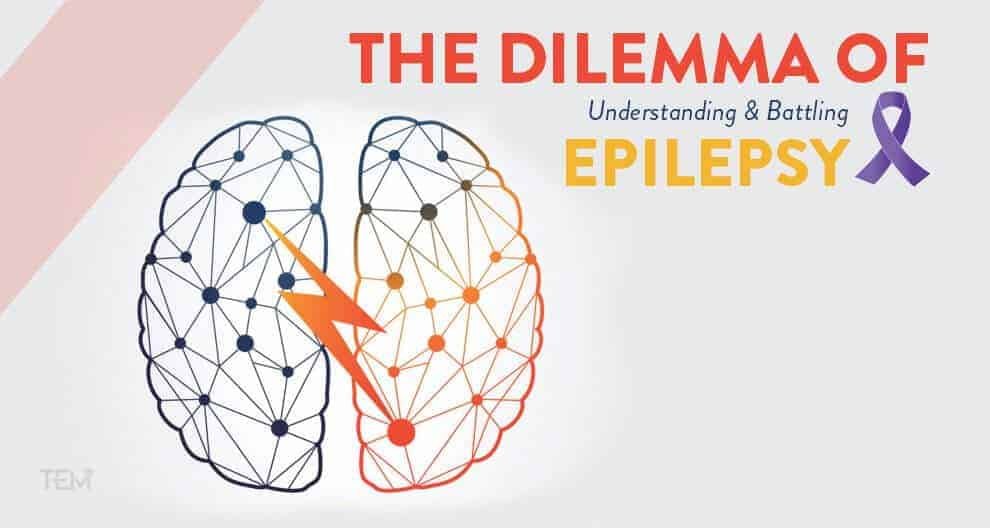Education Now

Leveraging Early Odds Releases for Maximum Value: A Strategic Guide for Sports Bettors
Placing bets without checking early odds is like arriving late to a sale—by then, the best deals are already gone. Early odds, released well before the games begin, often contain

Rules and dressing etiquette for prom
Proms are one of the best moments from high school that you will remember for your lifetime. However, it is essential to create happy memories and not ones that bring

How to Avoid the Gambler’s Fallacy in Sports Wagering
Sports betting can be exciting and rewarding, especially when you make informed decisions. But it also comes with psychological traps that can lead to poor choices and losses. One of

Everything You Need to Know About Video Poker in Online Casinos
If you enjoy the thrill of slot machines but also love using strategy, video poker might be the perfect game for you. It combines the luck of slots with the
Visionaries
Dr. Bradford Sims: A Multifaceted Leader developing Careers in STEM

DR. SIDNEY A. McPHEE: Student success innovations, campus improvements milestones for Middle Tennessee State University leader
For years, educational leaders have been redefining higher education and sharing their visions with the world through unique programs and enhanced curriculums. While leading this innovation in education, leaders have pivoted modern educational institutions toward growth and development. By building strong and distinguished universities, educational leaders have emerged as the

Dr. Evan D. Duff: An Impeccable Leader Fostering Academic Excellence and Creativity
The concept of leadership projects a broad spectrum in the educational domain. Exercising ‘good’ leadership at educational institutions not only helps encourage overall academic development of students, but also fosters creativity amongst the general faculty, students and staff. For educators and future education leaders, it is crucial to understand the

Dr. Andrew Hugine, Jr.: Developing the 21’st Century Global Leaders
Today, educational leaders play a pivotal role in affecting the climate, attitude, and reputation of their respective institutes. They are the cornerstones on which learning communities function and grow. With successful leadership, educational institutions become effective incubators of learning—places where students are not only educated but challenged, nurtured and encouraged.
Career - Highlights
Top 5 Entry Level Tech Jobs With Highest Pay in 2025
8 Popular Trends from Modern Retirement Homes
A Reference Letter Sample for Job Applications: What Employers Really Want
How to Choose a Career That Aligns with Your Values
Start Your Career As a Truck Driver in Texas
6 Careers That Combine Art, Science, and Technology
The Next Level – How to Transform Your Passion for Fitness into a Rewarding Career
A Brighter Future Ahead: 7 Job Opportunities for Korean Language Learners
Elite

Dr. Anthony Davis: Leading Livingstone College into a New Era of Excellence
Leadership in higher education demands vision, strategic insight, and a focus on student success. Dr. Anthony Davis, the 13th President of Livingstone College, embodies these principles. His career in philanthropy,

Palo Alto Unified School District: Silicon Valley’s Talent Powerhouse
In the heart of Silicon Valley, where innovation and technological advancement drive the global economy, businesses require access to an exceptionally talented and future-ready workforce. Palo Alto Unified School District

Irvine Unified School District: A Hub for Talent and Innovation in Orange County
In today’s dynamic economic environment, businesses thrive in regions that foster innovation and cultivate a highly skilled workforce. For companies considering location or expansion in Southern California, the quality of

San Dieguito Union High School District: Coastal San Diego’s Premier Talent Engine
For businesses seeking a competitive edge in Southern California, access to a highly educated and skilled workforce is critical. The San Dieguito Union High School District (SDUHSD), serving the desirable

Centralia Elementary School District: Shaping a Future of Learning and Opportunity
In today’s rapidly evolving educational landscape, parents seek more than academic achievement. They want schools that provide safe, nurturing environments where their children can thrive holistically. The Centralia Elementary School

Dr. Norman D. Hall: Leading Simpson University with Vision and Grit
Grit is a quality that combines passion and perseverance for long-term goals. It means being able to keep going despite challenges, setbacks, and difficult times. People with grit see life

Jonathan M. Tisch Center of Hospitality: Shaping the Future of Hospitality Education
New York University’s Jonathan M. Tisch Center of Hospitality has emerged as a leading institution dedicated to educating future leaders in the hospitality industry. Founded in 1995, the Tisch Center

The Culinary Institute of America: Where Passion Meets Precision
The Culinary Institute of America (CIA) stands as a beacon of excellence in culinary education, renowned globally for its commitment to developing skilled chefs and hospitality professionals. Established in 1946,

UNLV’s William F. Harrah College of Hospitality: Cultivating Tomorrow’s Hospitality Leaders
The William F. Harrah College of Hospitality at the University of Nevada, Las Vegas (UNLV) is distinguished as one of the premier institutions for hospitality education globally. With an unwavering

Tarrant County College: Nurturing Excellence in Hospitality Education
Tarrant County College makes quality education accessible to all in an environment of open learning and affordability. The College presents a diverse array of programs, services, and partnerships, all designed
Latest Issue
Student's Interest
Favorite Picks
Word Art

15 Quotes On Failure That Will Redefine Your Perspective
Failure is often seen as something to avoid, but it’s actually a powerful teacher. The greatest minds and leaders throughout history have used their failures as stepping stones to success.

Top 15 Opportunity Quotes to Inspire Future Leaders
Opportunities are everywhere, but only those who are ready can see them! And, opportunity quotes hold the power to change the way we think, act, and chase success. For students

15 Mae Jemison Quotes That Spark Stellar Thinking
Ever felt the pull of the cosmos, the silent challenge to push beyond perceived limits? That’s the essence of Mae Jemison, a woman whose life echoes far beyond Earth’s orbit.

15 Margaret Atwood Quotes That Will Make You Think Deeply
Margaret Atwood, the acclaimed Canadian author, poet, and literary critic, is known for her sharp insights into human nature, society, and power. Her words go beyond storytelling—they challenge perceptions, question





























